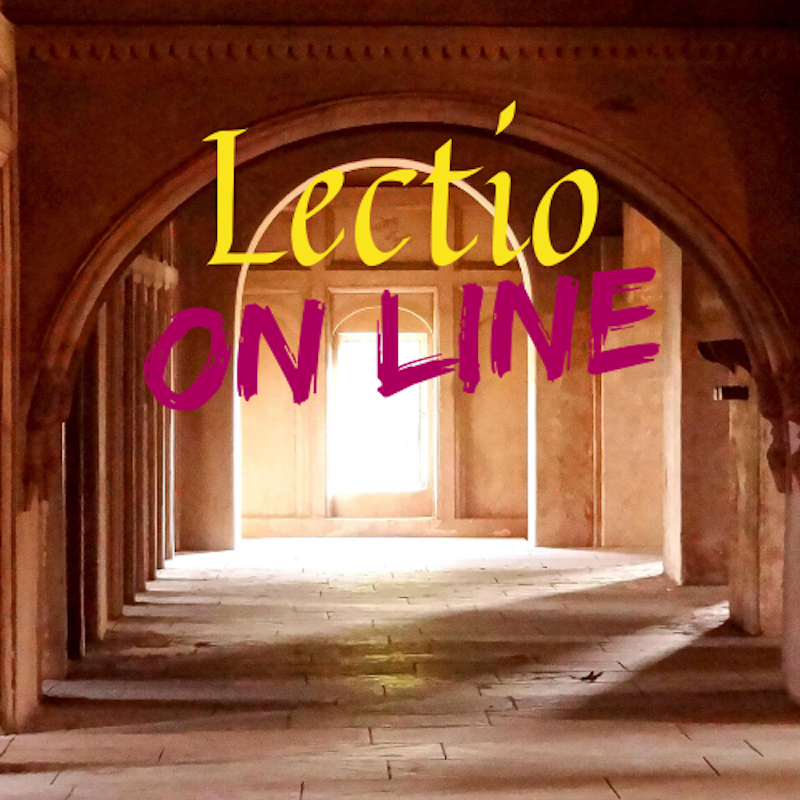
Inspiring, on-line meditation on poems for our times.
Lectio On-line
Lectio Divina is an ancient guided practice for hearing and reflecting on a written piece that is read aloud. It originated in monasteries as a way for a group to jointly hear a scriptural reading, then meditate upon it and pray based on what it raised for them.
I’ve taken this approach to encourage meditation on any inspiring reading, often a poem or reflection, though typically not one tied to a particular faith tradition. The piece is read once to be heard as a whole, then after a short break, again more slowly, when a focus on any word or phrase that grabs attention is encouraged. Following a longer period of reflection, the piece is read a third time, when individuals are invited to share the word or phrase that may have inspired them. finally, the piece is read a fourth time, and a time of silence is used as a space for giving thanks and making any resolutions that the reading may have inspired.
I co-host weekly lectio sessions online, usually via the Zoom platform and focusing on an inspiring poem (including ones written by my brilliant co-host, the poet Frank Faine). This allows anyone to take part, wherever they have an Internet connection. We always allow time for a check-in from each person who wants to, and have built up a strong community during the now several months that we've been meeting (please note that if you wish to join us, we agree to respect each other's confidentiality when taking part in this time of safe sharing).
Our calls are held EVERY SUNDAY at 830pm UK/330pm EDT on this Zoom link. Click on this link just before the call starts to join or enter meeting ID 803248260 Pass lectio in your Zoom app.
I initially launched these sessions as ‘labyrinth and lectio’, inviting participants to walk a finger/paper labyrinth as a part of the meditation. While we’ve moved from this, some still like to walk a finger labyrinth during the session, following the in-path during the second reading, waiting at the centre during the third, and tracing the out-path following the final reading. Other ways that may be meaningful to you for maintaining focus in the meditation are of course options available to you.
If you would like to download a paper finger labyrinth to print off, you can do so here.
Using Zoom
Zoom is a free, online live-streaming service, allowing a group of people to share in a video and audio conversation.
You can join via a computer, tablet or smart phone–all you need is an Internet connection. To join a Zoom call usually involves simply clicking on a link around the time of the call (see links for upcoming lectio calls above). However, Zoom usually works best when used via its own app (on a computer or other device). If you don’t already have this and plan to join the meditation, you may like to download the app ahead of the call: https://zoom.us/download. Options are available for muting your sound, or hiding your video (many people prefer to do this during the meditation).
If you don't have an Internet connection, dial-in to the meditation from a phone is also possible. Click here to find the local number to dial in to from your country.
Click here to find the equivalent times in your own time zone: https://www.timeanddate.com/.
Find out more about joining a Zoom call: https://support.zoom.us/hc/en-us/articles/201362193. Watch my video introduction for folks who are new to Zoom.
Zoom also has a very comprehensive online help service here, which should help with any problems you may have relating to using the service.
Email: clive@clivejohnsonministry.com
Phone: +44 (0)7956 942980
Skype: cliverj2
Follow me on social media:
